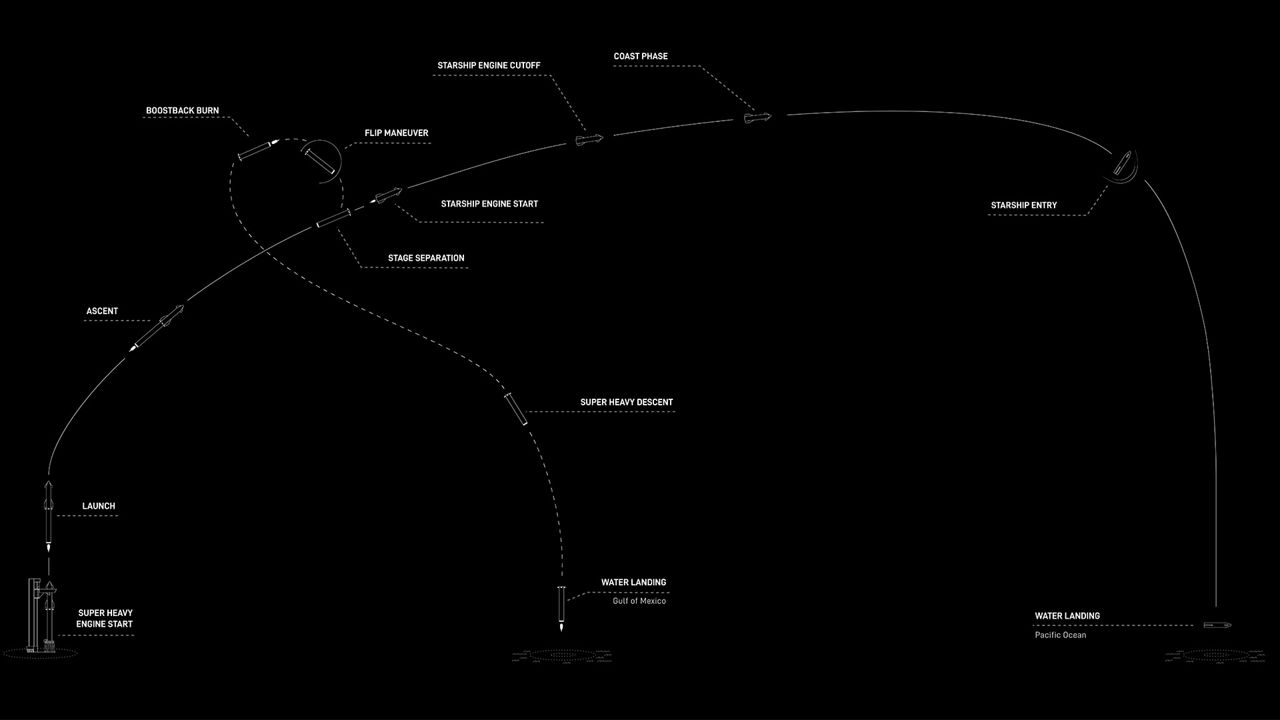CAPE CANAVERAL SPACE FORCE — SpaceX successfully launched more than 20 Starlink satellites Tuesday night.
What You Need To Know
- SpaceX successfully sent up another batch of Starlink satellites Tuesday night
- It happened at Space Launch Complex 40 at Cape Canaveral Space Force Station
Liftoff! pic.twitter.com/WK5xe5EgSL
— SpaceX (@SpaceX) October 18, 2023
SpaceX sent up its Falcon 9 rocket at 8:39 p.m. ET from Space Launch Complex 40 at Cape Canaveral Space Force Station.
Originally, SpaceX was going to send up Tuesday's mission at 5:20 p.m. ET, and then it was moved to 7:52 p.m. ET. The last launch attempt on Tuesday would have been 8:48 p.m. ET.
For whatever reason if SpaceX scrubbed Tuesday night’s launch, it would try again with six attempts on Wednesday, Oct. 18, starting at 4:55 p.m. ET until 8:23 p.m. ET.
No reason was given for the delayed launch on Tuesday night and it was unlikely the weather, as the 45th Weather Squadron issued a 95% chance of good launch conditions, with the only concern being the cumulus cloud rule.
A rocket’s long career
Before this launch, this Falcon 9’s first-stage booster, B1062, has an impressive 16 successful missions in its resume.
- GPS III Space Vehicle 04
- GPS III Space Vehicle 05
- Inspiration4
- Ax-1
- Nilesat 301
- OneWeb Launch 17
- Arabsat's Badr 8
- Eight Starlink missions
After the first-stage separation, it landed on the droneship Read the Instructions that was in the Atlantic Ocean.
Falcon 9’s first stage has landed on the Just Read the Instructions droneship pic.twitter.com/uBrRt1Elwg
— SpaceX (@SpaceX) October 18, 2023

About the mission:
The 22 satellites in the Starlink 6-23 mission joined the thousands of their mechanical brothers and sisters that are in low-Earth orbit.
The SpaceX-owned Starlink company stated the satellites provide internet services.
Before the launch, Harvard-Smithsonian Center for Astrophysics’ Dr. Jonathan McDowell recorded the following Starlink satellites numbers:
- 4,905 are in orbit
- 4,874 in working order
- 4,306 are operational



